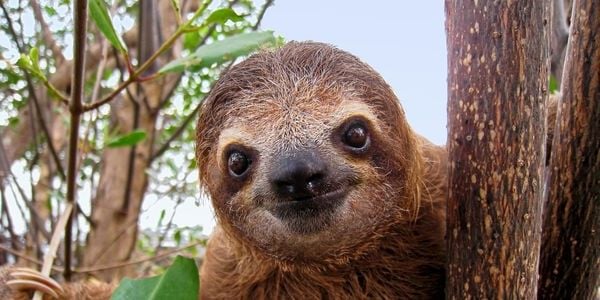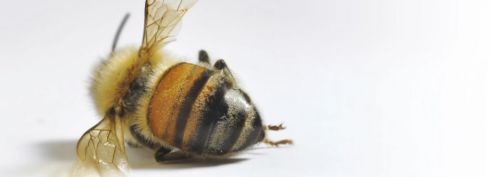Become a Fantastic Beast Guardian and help save animals
Posted on
|
Care2.com have a really important campaign which we can all sign up to and get active with. Care2 is campaigning to protect endangered species from extinction. Animals are dying off at a very alarming rate. One million species are at the risk of extinction. The cause of the mass extinctions to come is us. As we are the cause, we have the power to stop it and change things around. If we don’t do this, we may find many species confined to the history books. Will you help and sign their petition to protect endangered species? Sign the petition and you will become a Fantastic Beast Guardian. Your mission as a Fantastic Beast Guardian will be simple: to help spread the word about some of the world's most endangered animals and support the work of groups dedicated to saving them. Care2 says you will receive emails with important petitions to sign to make a difference in the fight to save the last of these unique animals from disappearing forever. Become a Guardian, sign this petition and get to work helping to save our planet's fantastic beasts. |

